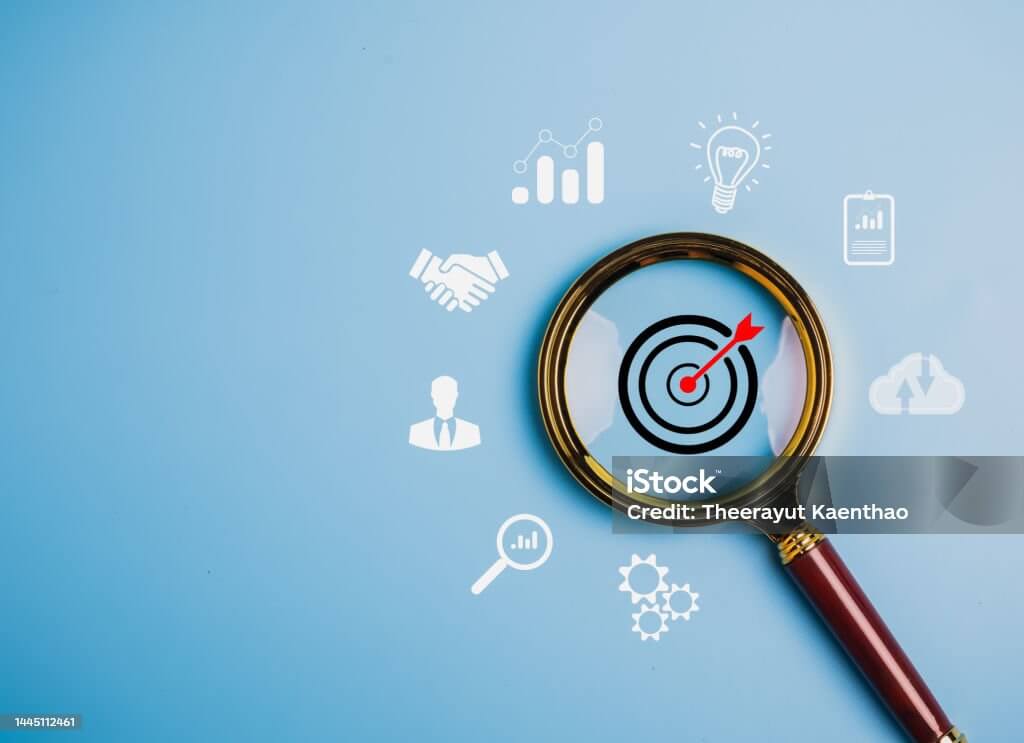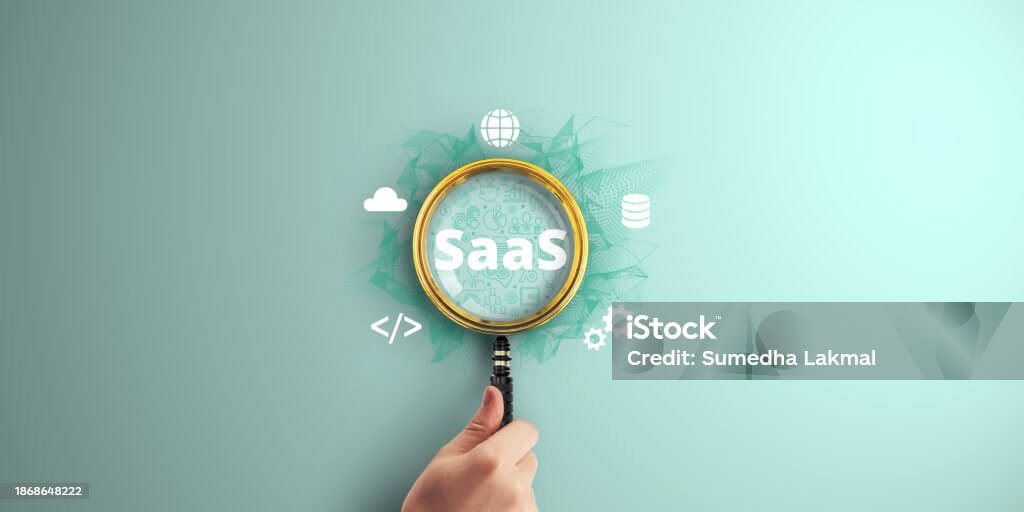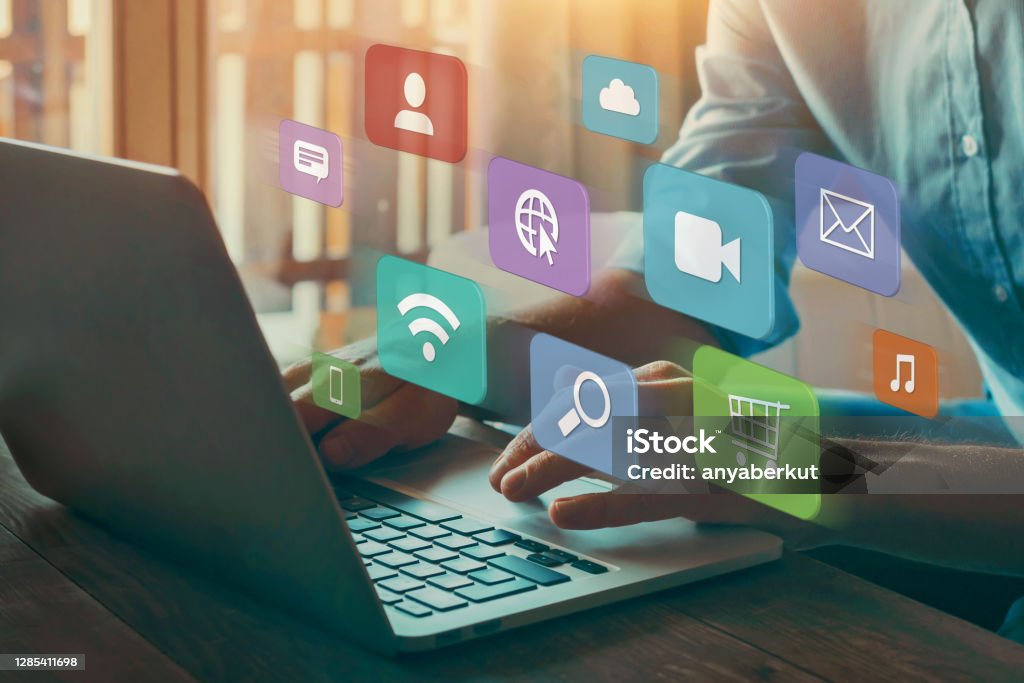
Any business needs content marketing to build authority and gain credibility. It’s truer in the case of SaaS business, as it involves targeting business owners constantly looking for knowledge and information. Thus, SaaS content marketing demands an in-depth knowledge of the SaaS product you market, a thorough understanding of your target audience’s needs, and how your SaaS product stands out from your competitors.
Consistently creating meaningful content revolving around technology and your SaaS product will establish your brand as a thought leader, building a loyal community of followers. In short, content marketing will help you gain an organic audience. Statistics say around 73% of B2B marketers leverage content marketing.
SaaS content marketing demands innovative strategies and techniques as you need to sell your SaaS product as well as a subscription service. Plus, your content should educate your techie prospects and address their doubts. Simply put, the quality of your content is as important as the quality of your SaaS product.
Let’s look at content marketing for SaaS businesses and how it benefits SaaS companies in detail.
What is B2B SaaS Content Marketing?

B2B SaaS content marketing is often complex as it involves understanding and convincing fellow business owners who demand more information on your technology and SaaS product. Thus, B2B SaaS content writing involves explaining complex technical terms and technology involved in your SaaS product in a relatable and easy-to-understand way.
SaaS companies need a dedicated content team to create quality and informative content around their products and technology from time to time. Creating an occasional blog post or video content explaining your product features is not enough. B2B SaaS companies should put consistent efforts into ideating and curating B2B SaaS content, as it will help them show their expertise in their field and build a loyal community of followers.
How is B2B SaaS Content Marketing Different from Traditional Content Marketing?
B2B SaaS Content Marketing is different from traditional content marketing for the following reasons.
- You’re selling your SaaS product and subscription service.
- You will need a detailed B2B SaaS content marketing strategy to attract, educate, and retain your tech audience.
- Your target audience searches and compares multiple SaaS products, making Search Engine Optimization (SEO) a crucial part.
- The content you provide should be as valuable as your product quality, as your content lets your audience know about your SaaS product primarily.
Thus, more and more SaaS companies are investing in content marketing to stand out from the competition and attract organic traffic. Semrush’s recent statistics say that 97% of SaaS companies found some degree of success in their content marketing efforts.
How does Content Marketing benefit SaaS Companies?

Establishing Authority
Creating quality content covering industry-related topics and technical details, addressing the audience’s pain points, offering actionable insights, and explaining how your product helps the audience overcome their challenges will showcase your brand as an authority in your respective industry. Thus, though the customers may not buy your product immediately, they will consider your brand as their first choice whenever they are ready to buy.
Educating and Engaging Users
SaaS products often demand a steep learning curve. Creating content like tutorials, guides, blog posts, and webinars, as well as explaining how to use your SaaS product, will help your audience learn how to use your products and leverage the features to their business advantage. Plus, it will help your brand inform your audience about new features and updates regarding your SaaS product.
SEO and Organic Traffic
Creating quality content with relevant keywords helps SaaS companies rank higher in search engine results, attracting organic traffic to their website. It is crucial for SaaS companies, as they need to rank when users search for solutions for specific problems that their SaaS product can solve. Creating content like how-to guides and extensive blog posts will continue to attract traffic over time, offering benefits for a long time.
Customer Retention and Loyalty
Rendering valuable and genuine content that provides them with insights and solutions will help you retain them. When you keep addressing their points and providing solutions to their evolving needs, it fosters a bond between your brand and your customers. They will often turn out to be your repeat customers, often becoming your brand ambassadors, bringing new customers to your brand.
Cost Effective Marketing
Content marketing is more cost-effective than traditional marketing and is more efficient in generating leads and driving conversions when backed up by a robust marketing strategy. A professional like a SaaS content marketing writer can help you build innovative content strategies that help you attract and convert leads effectively.
Hence, content marketing can help SaaS companies build brand awareness, establish authority, generate leads, attract and retain customers, and build a loyal community. Those are some tremendous benefits that make SaaS companies choose content marketing as an inevitable marketing strategy.
Build Your SaaS Content Team

If you’re running a B2B SaaS business, it is highly recommended to publish high-quality content of various forms and types consistently to attract, educate, and entertain your tech audience. It involves consistent efforts. You can either have a dedicated in-house content team or outsource your content needs to reputed SaaS content marketing agencies. Whatever, publishing relevant and quality content is paramount for your B2B SaaS business.
So, here is how you build a content team.
Content Strategist
Content strategists are often the leaders responsible for crafting an effective content marketing strategy that aligns with your B2B SaaS business goals. They help you with everything from creating editorial calendars, conducting competitor analysis, and doing content audits to refining content strategies.
SaaS Content Writers
A marketing content writer is responsible for creating engaging, informative, and persuasive content that aligns with a company’s marketing goals. Right from the landing page copy and long-form content to short-form content, marketing campaign content, and newsletters, content writers will create high-quality content that ranks high on search engines.
Graphic Designers
Adding visuals to your content will add life to it. Eye-catching graphics can elevate your blog posts and convey the message readily. Furthermore, infographics can help you convert complex data into a simple format. Right from your logo, brochures, and website landing pages to ebooks, graphic designers can help you elevate your brand.
Content Marketers
Now that you have well-researched content and creative graphics that support your content, it’s time to market it to the right audience. Content marketers can help you with that. They ensure that your content is distributed across the right channels, attracting potential traffic.
SEO Specialists
An SEO Specialist plays a vital role in optimizing your content to improve its search engine rankings and drive organic traffic. They use a mix of technical and creative skills like keyword research, on-page optimization, and off-page optimization to ensure that search engines and engaging users easily find your content.
Mapping the Content to the Marketing Funnel
The marketing funnel is a model that illustrates the journey a customer takes from awareness to purchase. It is typically divided into three main stages: top of the funnel (TOFU), middle of the funnel (MOFU), and bottom of the funnel (BOFU). Each stage requires different types of content to effectively engage and nurture leads.
Top of the Funnel (TOFU): Awareness
At the top of the funnel, the goal is to attract and engage a broad audience. Content at this stage should focus on raising awareness about your brand and addressing the pain points or interests of your target audience. Effective TOFU content includes blog posts, social media updates, infographics, and educational videos. This content should be informative, entertaining, and easily shareable to maximize reach and engagement.
Middle of the Funnel (MOFU): Consideration
In the middle of the funnel, potential customers are considering their options and evaluating different solutions. MOFU content should aim to build trust and provide more in-depth information. Examples include eBooks, whitepapers, case studies, webinars, and detailed guides. This content should highlight the benefits of your product or service and demonstrate how it addresses the audience’s needs. Offering gated content that requires users to provide their contact information can also help in generating qualified leads.
Bottom of the Funnel (BOFU): Decision
At the bottom of the funnel, prospects are ready to make a purchasing decision. BOFU content should be persuasive and focused on converting leads into customers. This includes product demos, free trials, testimonials, customer reviews, and comparison charts. The content should clearly articulate the value proposition and provide strong calls to action to encourage conversions.
Analyze Your SaaS Content Marketing Performance
Analyzing and reporting on content marketing involves a systematic approach to measure the effectiveness of your content, understand its impact, and refine your content marketing strategies.
Here are a few metrics that can help you analyze your content marketing efforts.
- Traffic Analysis – Identify which pieces of content are driving the most traffic to your website. Analyze trends over time to understand what topics or formats are most popular.
- Engagement Analysis – Evaluate how users interact with your content. Look at metrics like average time on the page, scroll depth, and social shares to gauge engagement levels.
- Conversion Analysis – Determine which content is most effective at converting visitors into leads or customers. Track conversion paths to understand the user journey.
- SEO Performance – Assess how well your content is ranking in search engines. Monitor keyword rankings, organic traffic, and backlinks.
Final Thoughts
By crafting valuable, relevant, and engaging content, SaaS companies can effectively nurture leads, build lasting relationships with customers, and position themselves as industry leaders. Throughout this definitive guide, we’ve explored the key elements of a successful SaaS content marketing strategy, including the creation of high-quality content, leveraging various content types, optimizing for SEO, and analyzing content performance.
As content marketing is a dynamic and iterative process, continually analyze performance metrics, gather feedback, and stay updated with industry trends to refine and enhance your approach.
FAQs
- What are the 7C’s of content marketing?
The 7 C’s of digital marketing are Customer, Content, Community, Context, Convenience, Cohesion, and Conversion.
- What is a content roadmap?
A content roadmap is a strategic plan that outlines the creation and publication schedule of content assets over a specific period. It serves as a guiding document for content marketers and teams, detailing what content will be produced, when it will be published, and how it aligns with business goals and audience needs.